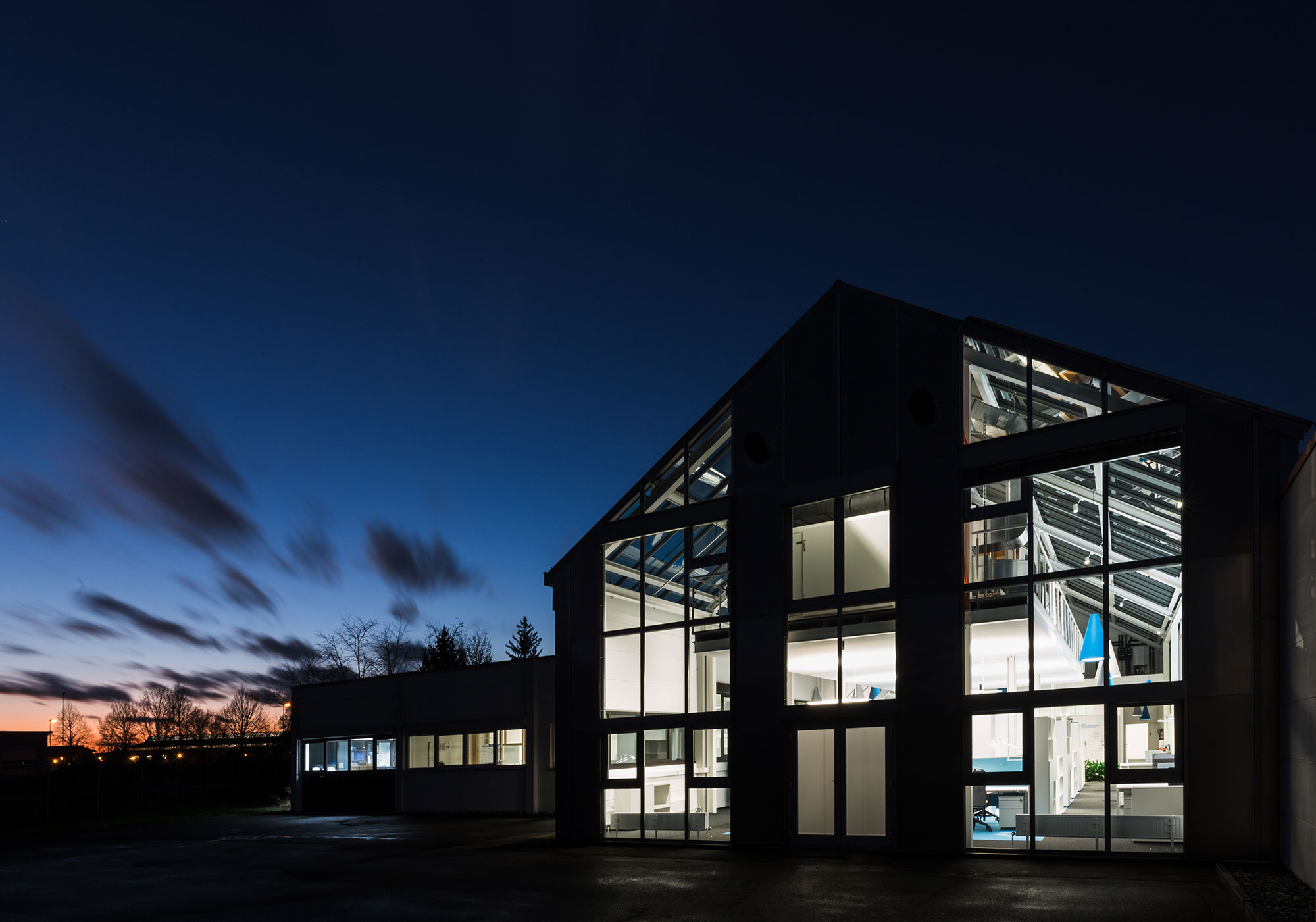
Climate neutral for 6 years
Dear customers,
For more than five years, Busse Design+Engineering GmbH has been working to minimize and continuously reduce its CO2 footprint. This year, we are once again offsetting the 69 tons of CO2 and are CO2-neutral. This means that our service does not impact your carbon footprint.
What we do:
Our company PV system has now grown to an impressive 128.5 kWp. We produce an average of 128 megawatt hours of electricity using the power of the sun, which roughly corresponds to our annual energy requirements. Of course, this does not always work seasonally, and battery storage is not yet an economical alternative for our operating times, as we consume most of our electricity during the day, i.e. when it is generated. We feed the surpluses from the PV system into the grid, and the rest of the electricity we purchase is 100% sustainable as hydroelectricity. However, the grid operator is currently prohibiting us from further upgrading the roof areas that are still available, as the public electricity grids are the limiting factor here.
Not only does this feed the increasing number of e-vehicles in our fleet, but customers and employees can also benefit from the 11 charging options now available on the company premises.
Around 25% of all our company and employee vehicles are currently electric and hybrid vehicles.
What we are currently working on:
We are currently converting our heating system to a modern Viessmann large-scale heat pump, which we can operate efficiently with groundwater thanks to our ideal location near the Danube. With large buffer storage tanks, we can effectively store our surplus PV energy so that we can use it for hot water and heating when needed.
Self-criticism
Self-critically, however, we have to admit that even with all these efforts in recent years, there is always a small residual CO2 burden. We compensate for this by investing in projects to reduce CO2 emissions. (Goldstandard.org).
However, on closer inspection, these CO2 loads assigned to us as a company for accounting purposes result largely from the commuting distances of our employees, which we can only influence/determine to a limited extent. We already offer job bikes and discounted electricity refueling to create appropriate incentives.
Many things are charged twice in the current balance sheets, especially in the case of private transport:
For example, you actually already pay a CO2 offset when filling up with petroleum companies, which also have to buy offset certificates, and a CO2 factor in vehicle tax.
However, this is not taken into account in the employer's accounting.
Conclusion:
Germany has been reducing CO2 emissions per capita for 30 years. This is exemplary, even if more could certainly be done. At around 8 tons per capita, per capita emissions in Germany are on a par with China. In a European comparison, Germany is in 7th place.
We Germans tend to make ourselves look worse than we are: With a few exceptions, we are ahead in the renewable energy sector. And this despite poor geographical opportunities:
Due to the cold temperatures in winter, we have to heat our homes and have little coastline for effective wind power production.
Ultimately, however, climate change does not start with politics, but with every single person and every single company and their individual activities and measures: It is therefore important to us that we make our maximum contribution!




